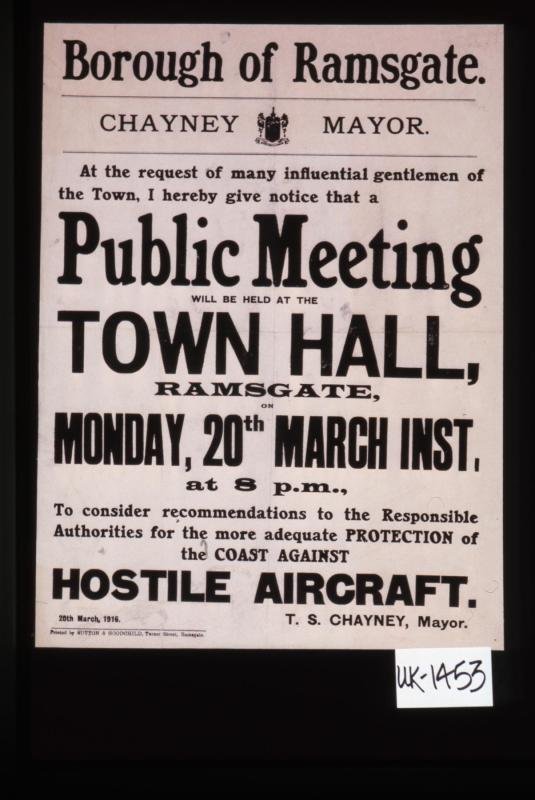Jan Smuts, zeroth air minister?
Like many people – out of the sort of people who know these sorts of things, that is – I knew of Jan Smuts’ key role in the origins of both the RAF and the Air Ministry. It was the so-called ‘Smuts report‘ to the War Cabinet, in August 1917, which set the whole process […]


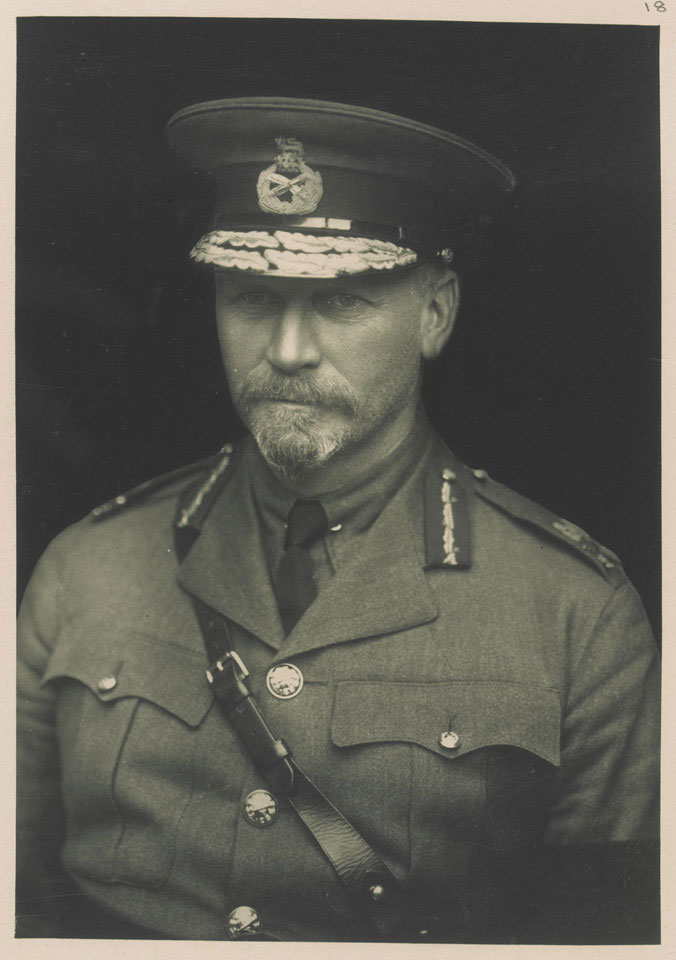
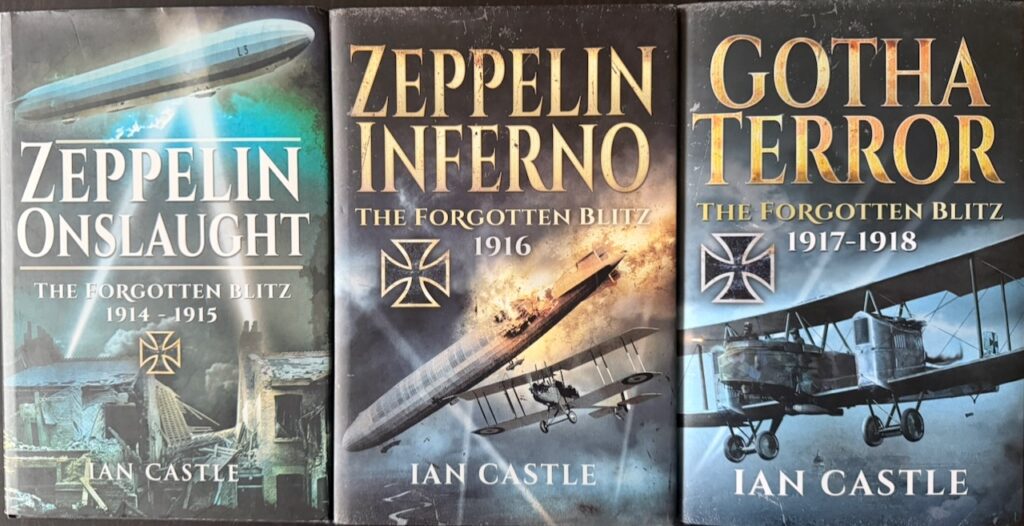
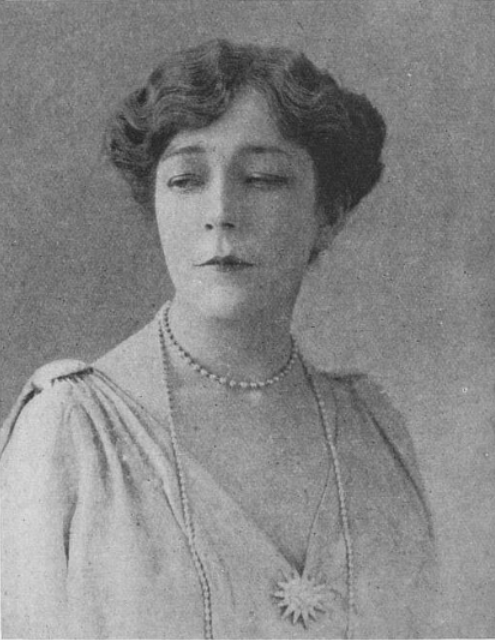
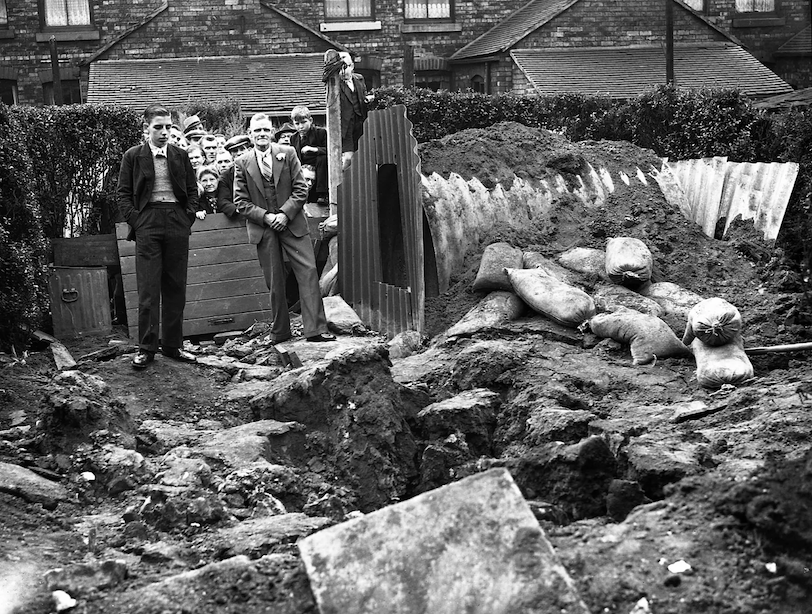
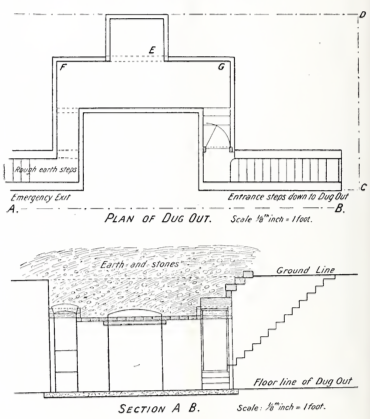

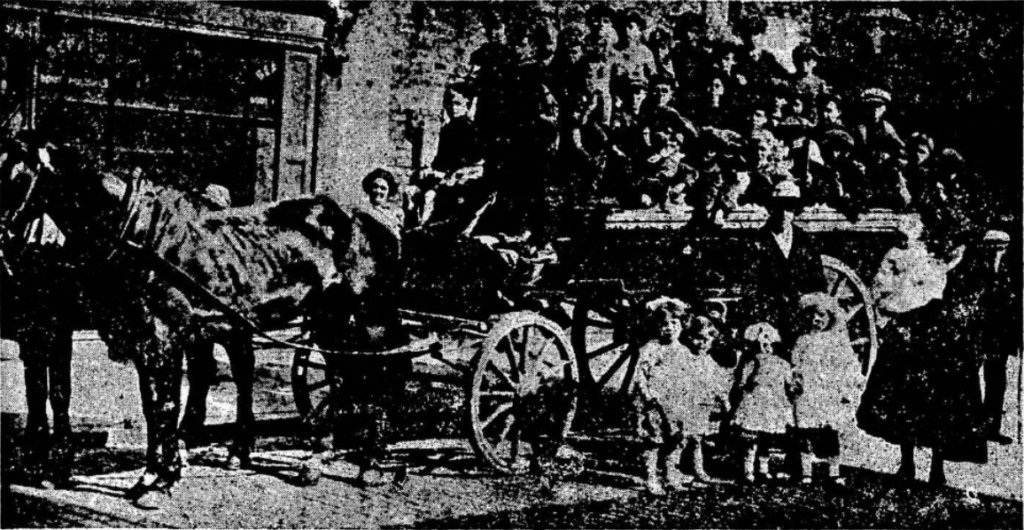
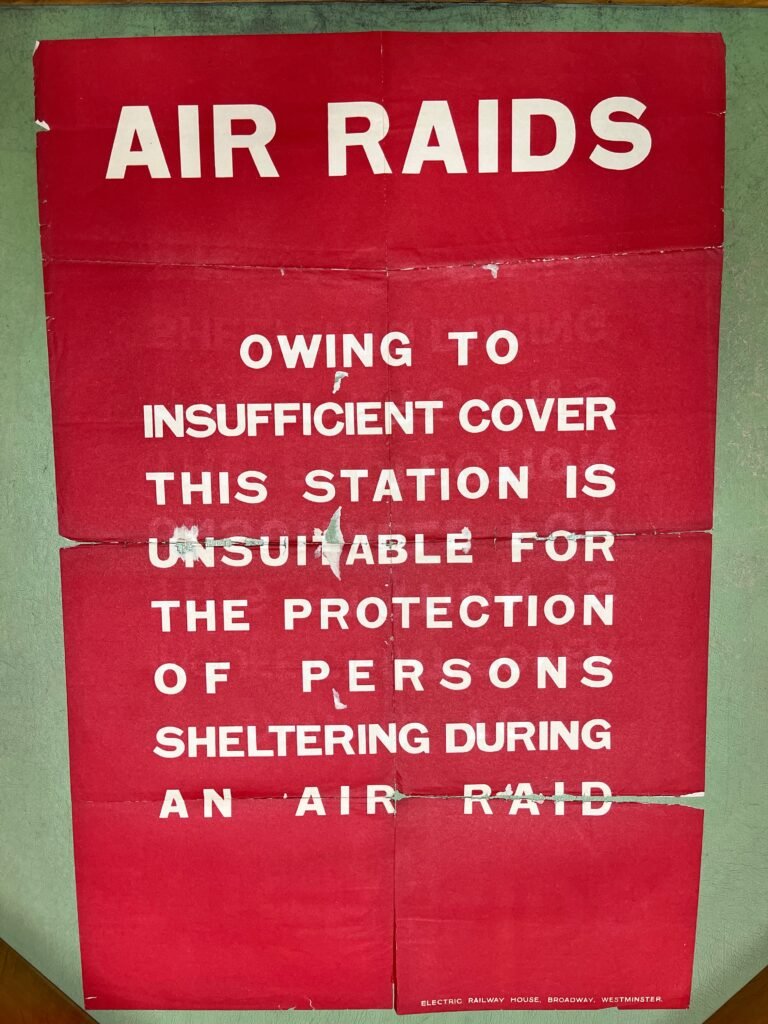
![German propaganda poster with a vibrant and striking image depicting swarms of British aircraft bombing an industrial site to illustrate the following quote, by British Labour Leader Johnston Hicks [sic], which appeared in the 'Daily Telegraph' on January 3rd 1918: 'One must bomb the Rhineland industrial regions with one hundred aircraft day after day, until the treatment has had its effect!’](https://airminded.org/wp-content/uploads/2024/03/artv05099.jpg)
